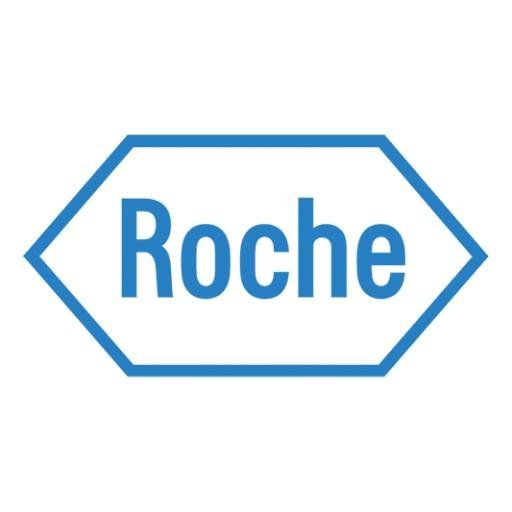Initial Results Show Crovalimab Provides Benefit for Patients with PNH
The treatment is a novel, investigational anti-C5 recycling monoclonal antibody showing promise for treating patients with paroxysmal nocturnal hemoglobinuria.

Results from the phase 3 COMMODORE 2 study show crovalimab provides safety and efficacy for patients with paroxysmal nocturnal hemoglobinuria (PNH) who have not previously been treated with complement inhibitors.
Roche announced the positive results after meeting the co-primary efficacy endpoints of transfusion avoidance and control of hemolysis.
The novel, investigational anti-C5 recycling monoclonal antibody resulted in disease control after a subcutaneous injection every 4 weeks. Crovalimab was also non-inferior to eculizumab intravenously every 2 weeks, the current standard of care for this patient population.
The clinical program began with the phase 3, randomized, open-label COMMODORE 1 study, where the investigators evaluated the safety of crovalimab in patients with PNH switching from other US Food and Drug Administration (FDA) approved C5 inhibitors.
The investigators sought main outcomes of the safety, tolerability, pharmacokinetics, and pharmacodynamic properties of the treatment.
In the COMMODORE 2 trial, the investigators compared crovalimab to eculizumab in patients with PHN who had not been previously treated with C5 inhibitors.
The company intends to send data from the COMMODORE 1 and 2 studies to regulatory authorities and present the data at an upcoming medical conference.
PHN is a rare and potentially fatal blood condition where red blood cells are destroyed by the complement system, causing anemia, fatigue, blood clots, and kidney disease.
“People with PNH may benefit from more options to achieve robust disease control with less frequent treatment intervals,” said Levi Garraway, M.D., PhD, Roche’s Chief Medical Officer and Head of Global Product Development, in a statement. “As the first global phase III data for crovalimab, these results emphasize its potential to address these needs. We look forward to submitting these data to regulatory authorities, bringing us one step closer to making crovalimab available for people with PNH around the world.”